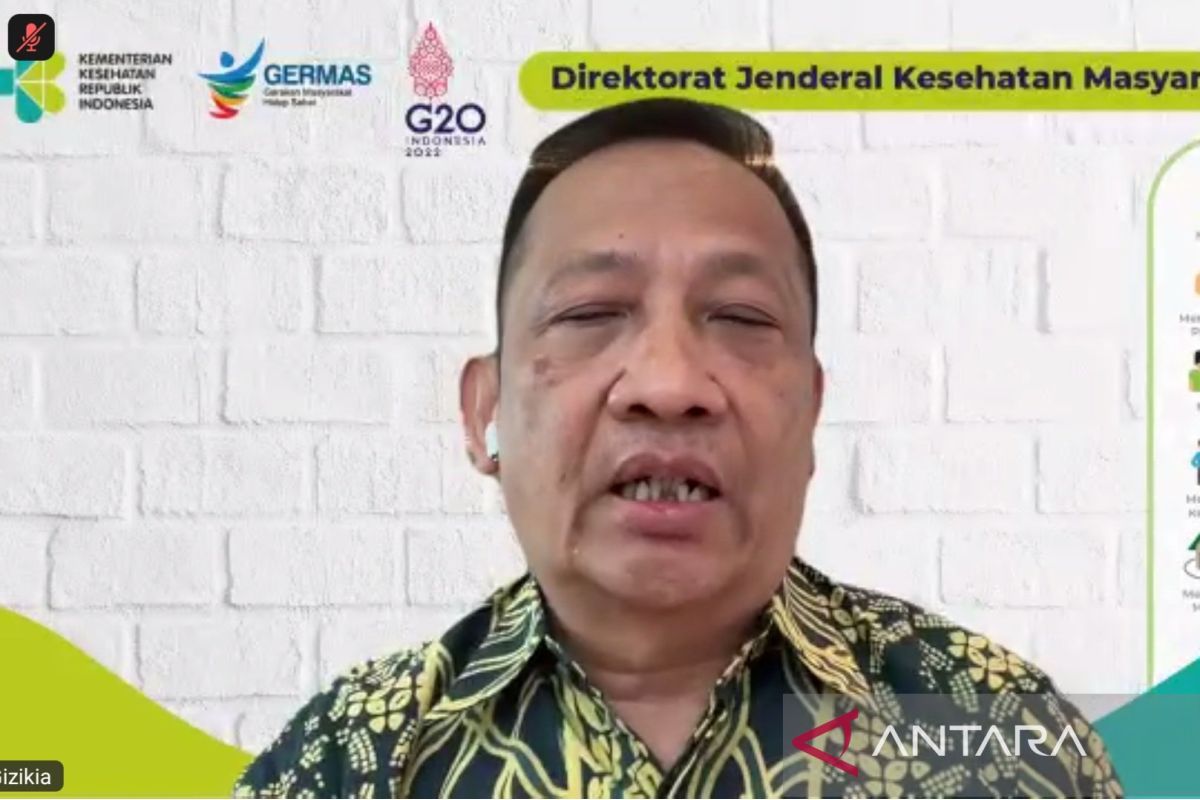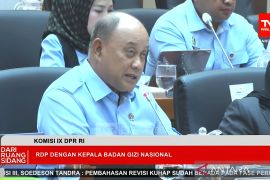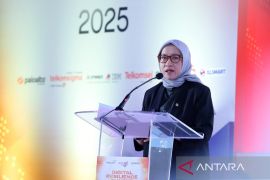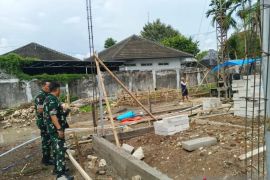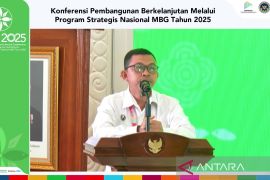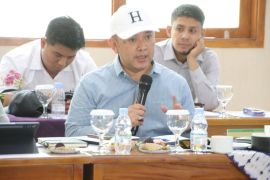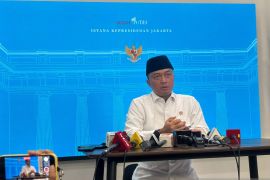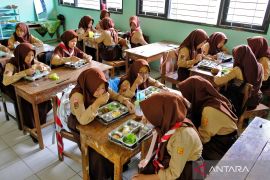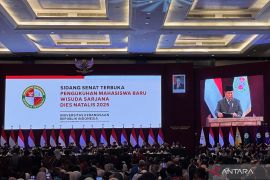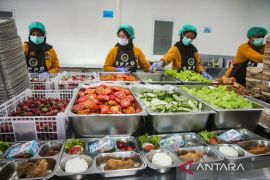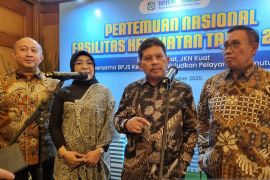"Free nutritious meals must always be integrated with education because providing only food will not be enough to support sustainability in their houses," head of the ministry's Working Team for Nutrition Adequacy Standards and Quality of Maternal and Child Health Nutrition Services, Mahmud Fauzi, said at an online discussion here on Thursday.
Efforts to improve nutrition were consistently carried out by the ministry even before the Free Nutritious Meals Program was put forward by President-elect Prabowo Subianto.
The efforts include education on nutrition, and nutritional supplements, as well as the monitoring of nutritional provision.
"We provide nutritional supplementation such as Vitamin A and iron tablets. We also provide nutritional management for children who already have nutritional problems, whether they are overweight, underweight, (suffering from) chronic malnutrition, or stunting, and those experiencing acute malnutrition or wasting," he informed.
Fauzi emphasized that the provision of free nutritious food will need to be monitored continuously, followed by routine health checks or screenings.
"This free nutritious food must continue to be monitored. In addition, screening efforts, routine monitoring of whether there is an increase or change in nutritional status, and how the consumption pattern needs to be checked while this program is running," he expounded.
The provision of free nutritious food is in accordance with Law Number 17 of 2023 concerning Health, which aims to improve the quality of individual and community nutrition for the entire life cycle.
"This free nutritious food activity is an effort to fulfill nutrition for almost the entire life cycle, from pregnancy to old age, but with special attention to pregnant and breastfeeding mothers, infants, and toddlers, and adolescent girls," he said.
In addition to education, the strategy to provide free nutritious food also needs to be carried out by improving food consumption patterns to make them more diverse, balanced, and safe, as well as paying attention to food safety, he added.
"The provision of free nutritious meals requires efforts to increase local food production as we will have an enormous need for it. If one person needs 100 grams of rice per day, for example, how many hundreds of tons must we prepare to feed 82 million people? We must think of it," he said.
Data from the National Development Planning Agency shows that there are 15.42 million target recipients of free nutritious meals, consisting of schoolchildren, Islamic boarding school students, pregnant women, breastfeeding mothers, and toddlers in 514 districts and cities.
The total allocation for the Free Nutritious Meals Program will be Rp71 trillion (US$1 = Rp15,512), which will be disbursed directly as ministry/institution funds.
The unit cost of free nutritious meals has been determined to be Rp15 thousand, adjusted to the price of ingredients in each region.
Related news: Indonesia's BKKBN to involve family teams in free meals plan
Related news: Prabowo's free nutritious meal program and its impact on the community
Related news: Ministry to guarantee local foods in Free Meals Program
Translator: Lintang Budiyanti Prameswari, Yashinta Difa
Editor: Azis Kurmala
Copyright © ANTARA 2024
